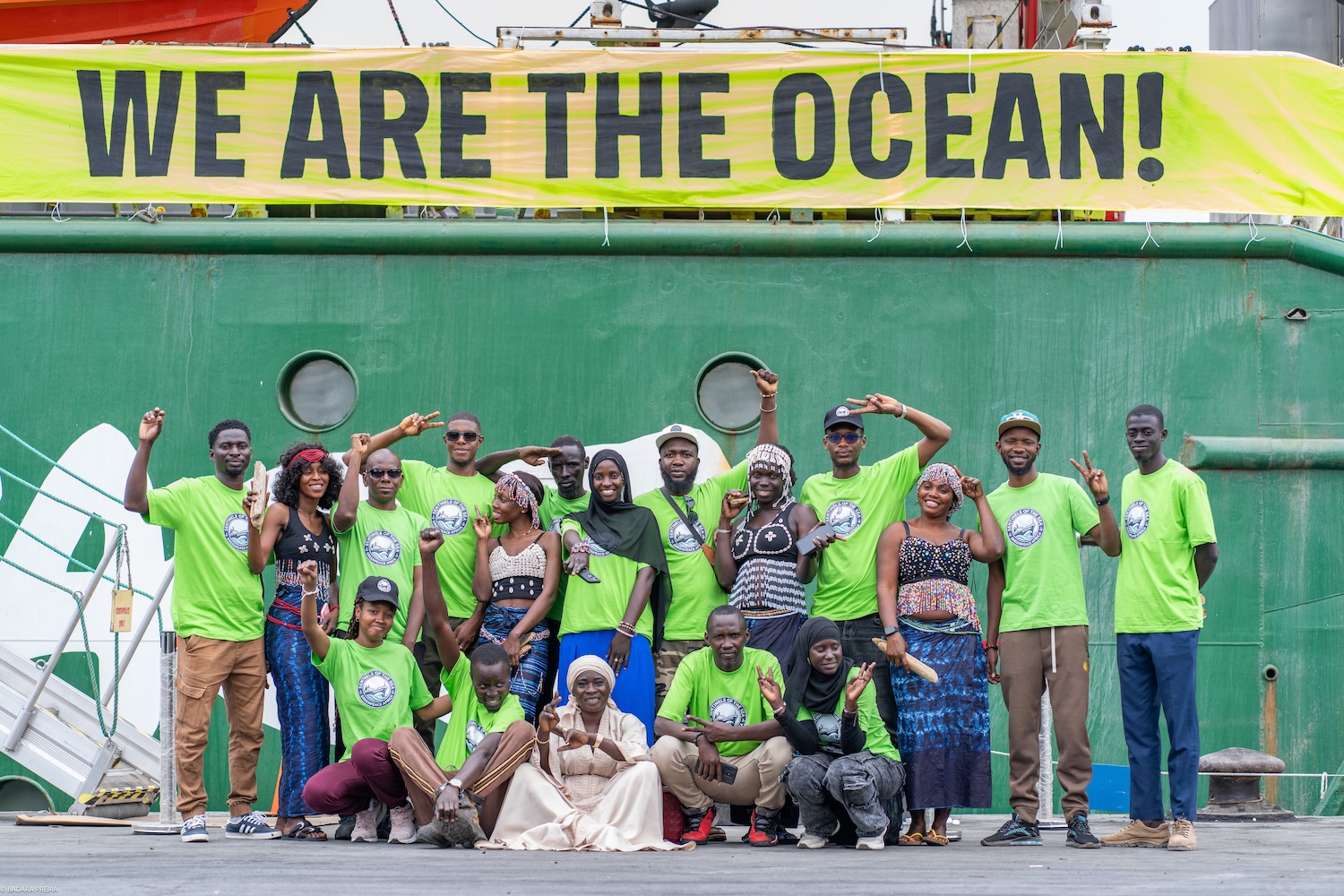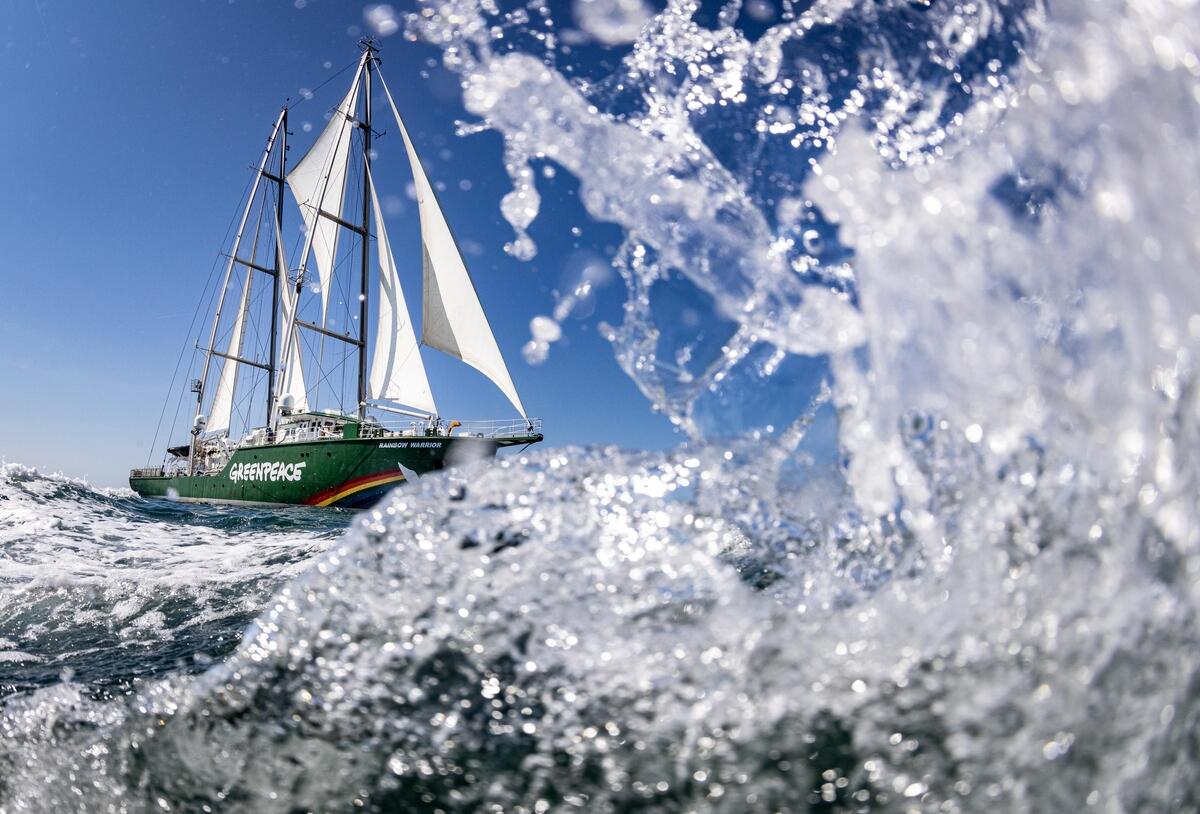Dakar, July 28, 2025 – In a decisive step towards environmental justice, Senegalese Civil Society actors convened for a two-day workshop in Dakar to build a united front against single-use plastics, with a particular focus on the country’s growing crisis of plastic water sachets. Hosted by Greenpeace Africa, the gathering brought together representatives from local communities, the Ministry of Environment, retailers, waste pickers, and civil society organizations for collective dialogue, knowledge sharing, and strategy development.
The workshop culminated in the adoption of a Joint Declaration—a bold, unified call to the Senegalese government to take immediate and concrete action against plastic pollution, and to implement incentives for the development and scaling up of refill and reuse systems across the country.
Dr. Aissatou Cissoko, Regional Coordinator at Greenpeace Africa, stated:
“Senegal is facing a plastic pollution emergency, largely driven by the unchecked use of single-use water sachets. During our recent brand audit and beach cleanup in Malibu, Dakar, these sachets were by far the most common and harmful plastic waste. What seems like a convenient option hides a serious environmental and public health burden: choking marine life, clogging urban drains, and threatening our ecosystems. We must move urgently to end the era of single-use plastics and adopt sustainable, locally driven alternatives.”
According to Senegal’s Ministry of Environment, over 250,000 tons of plastic waste are produced annually in the country, with half of it generated in Dakar alone.
Throughout the workshop, participants emphasized refill and reuse packaging and delivery channels as viable, inclusive, and scalable alternatives to the single-use model. These systems not only reduce waste, but also support job creation, protect biodiversity, and improve public health.
Greenpeace Africa reaffirmed its global demand to cut plastic production by at least 75% by 2040, in line with scientific evidence and climate justice principles.“We’ve been led to believe that recycling is the solution, but in reality, less than 9% of plastic ever gets recycled. Meanwhile, more than 4,000 toxic chemicals found in plastics continue to harm our health. It’s time to stop treating the symptoms and address the root cause: the overproduction of plastic.” concluded Gerance Mutwol, Plastic Campaigner at Greenpeace Africa.
Media Contact:
Ibrahima Ka Ndoye – International Communications Coordinator,
Email: [email protected], Cell: +221778437172



